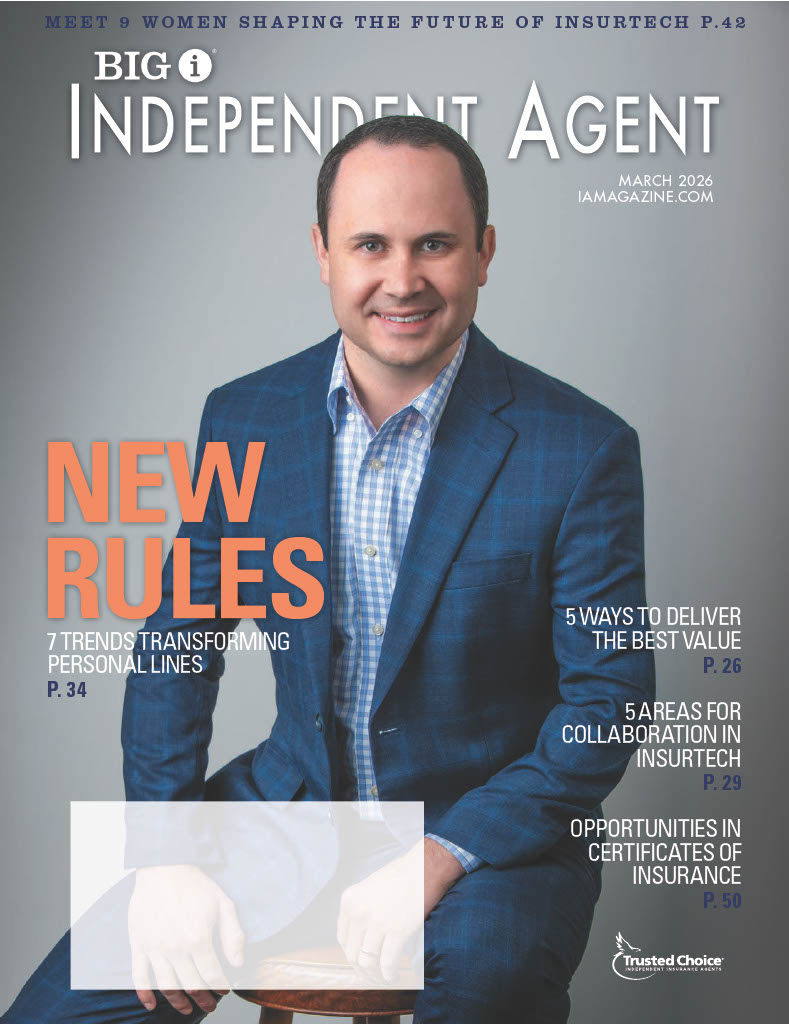The Importance of Preparation: A Cautionary E&O Tale
By: Matthew Davis
Roman philosopher Seneca once said, “Luck is what happens when preparation meets opportunity.”
It won’t help you win the lottery, but this notion can do wonders for your insurance agency. Consider the tale of “Walter Krop.”
Krop, the insured on a homeowners policy, sought coverage from his carrier for a tort claim against his son. When the carrier denied coverage and filed a declaratory judgment action seeking a determination that it owed no coverage, Krop counterclaimed and filed a third-party claim against his agent, arguing that the agent had negligently sold him a deficient policy.
The trial court granted the agency’s motion to dismiss on the grounds that the suit was filed outside the statute of limitations—more than two years after the policy was issued. The Court of Appeals, on the other hand, agreed with Krop, holding that the action was timely because such a claim does not accrue until the insurer refuses to provide coverage.
The matter was then appealed to the Illinois Supreme Court. That’s where things got interesting.
Several years earlier, the Independent Insurance Agents of Illinois (IIAI) had advocated successfully for tort reform legislation for producers, which included the two-year statute of limitations at issue in the Krop decision. Because it tracked such cases, the IIAI got involved, hiring counsel and filing an amicus brief before the court.
Ultimately, the Illinois Supreme Court reversed the Court of Appeals decision, siding with the carrier and agency, arguing, “when customers have the opportunity to read their insurance policy and can reasonably be expected to understand its terms, the cause of action for negligent failure to procure insurance accrues as soon as the customers receive the policy.”
Was the IIAI brief decisive in the outcome? Impossible to say. But this is a clear case where preparation met opportunity. The IIAI kept watch and, when it saw an opportunity, got off the sidelines and pushed for the right result.
And the Illinois decision is not an outlier. A few months earlier, the Ohio Supreme Court issued a similar decision, again reversing a Court of Appeals decision and reinstating a dismissal by the trial court.
“The delayed-damage rule does not apply to a cause of action alleging negligent procurement of a professional liability insurance policy or negligent misrepresentation of the terms of the policy when the policy at issue contains a provision specifically excluding the type of claim that the insured alleges it believed was covered by the policy,” the court determined. “The cause of action in such a case accrues on the date the policy is issued.”
Time to pop the champagne in Illinois and Ohio? Not quite yet. In both cases, the court makes it clear that the statute of limitations begins to run “as soon as the customers receive the policy” (Illinois) or “on the date the policy is issued” (Ohio). A fair reading of both opinions tells us that the policy has to be delivered. Otherwise, to quote another old saying, “What you don’t know can’t hurt you.”
That means you have to get the policy into the hands of your customer and be able to prove you did so. “My usual practice was to send a copy” will be helpful, but in the end, the court is likely to find a “question of fact” and send your case to the jury.
That is not where you want to be.
If you want the outcome the agencies in Illinois and Ohio got, you need something more than “my usual practice.” You need proof of delivery. An email, a signature, a letter—something that can be attached to a motion to dismiss or, if it goes that far, blown up and put up on display at trial to make the plaintiff and their attorney visibly squirm.
What does that require? You know the answer: preparation. You need procedures in place to capture proof of delivery and rigorous adherence to that process, not to mention a very disciplined approach to following up and capturing that key document. That’s how you make your own luck.
Matthew Davis is a vice president and claims manager at Swiss Re Corporate Solutions, working out of the office in Kansas City, Missouri. Insurance products underwritten by Westport Insurance Corporation, Kansas City, Missouri, a member of Swiss Re Corporate Solutions.
This article is intended to be used for general informational purposes only and is not to be relied upon or used for any particular purpose. Swiss Re shall not be held responsible in any way for, and specifically disclaims any liability arising out of or in any way connected to, reliance on or use of any of the information contained or referenced in this article.
The information contained or referenced in this article is not intended to constitute and should not be considered legal, accounting or professional advice, nor shall it serve as a substitute for the recipient obtaining such advice.










